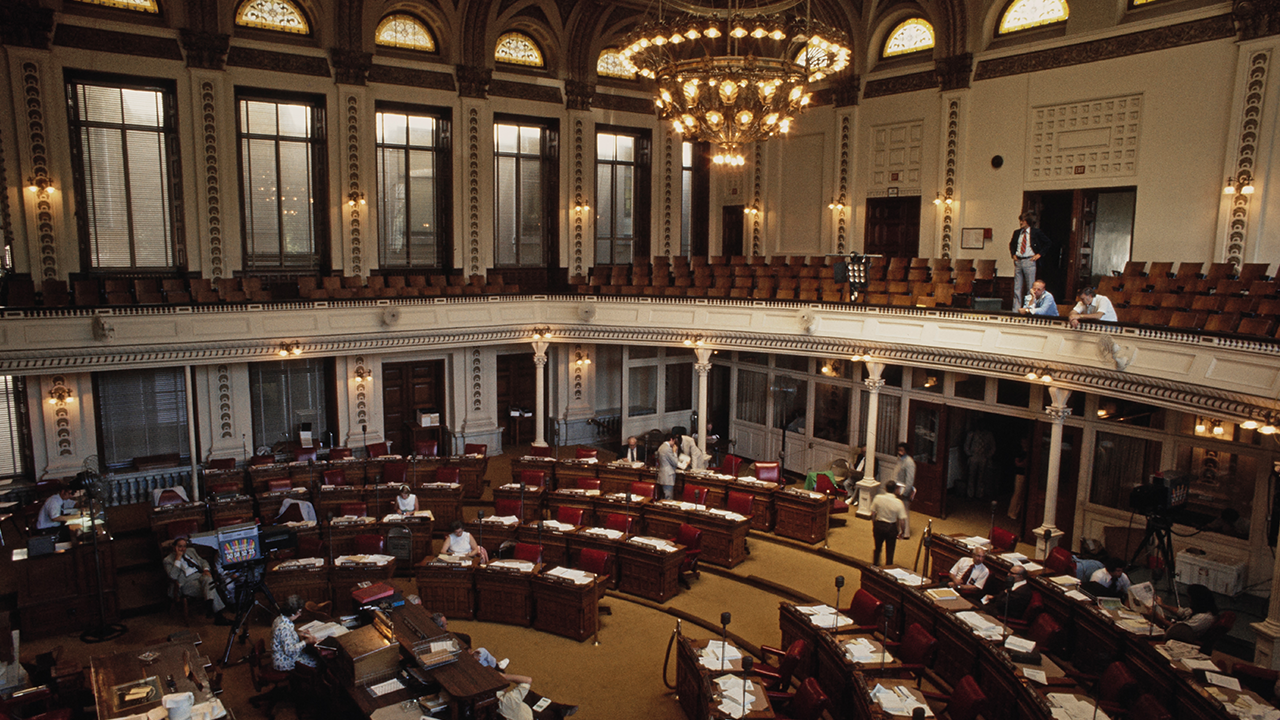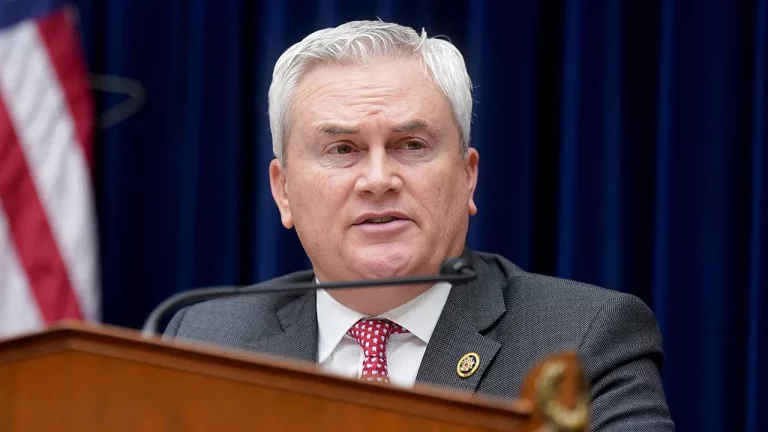New Jersey lawmakers improve public records access law
New Jersey lawmakers are pushing forward with a legislative overhaul of the state’s public records access law, sparking renewed debate over the proposed revisions. The Democrat-led state Senate’s budget committee approved the amended legislation, with the Assembly counterpart scheduled to review the bill the following day.
The bill’s resurgence comes after Republican minority leader Anthony Bucco joined as a co-sponsor, and concessions were reached by a influential group supporting the legislation that represents over 500 towns and cities in the state.
One of the key changes in the proposed legislation is the elimination of the ban on commercial record requests, such as those from real estate developers. Under the new measure, government clerks would have up to 14 days to respond to record requests, and commercial entities could pay up to twice the cost of producing the records.
Senate Budget Committee chairman Paul Sarlo described the compromise as satisfying neither side completely, indicating a balanced approach to addressing the concerns raised.
However, civil rights groups, citizens, and media organizations voiced their opposition to the bill during Thursday’s hearing. They highlighted the elimination of attorney fee shifting, which currently allows legal fees to be paid by government agencies only if they improperly deny records. Attorney CJ Griffin emphasized the importance of this provision in enabling journalists and the public to access records without bearing prohibitive legal expenses.
Griffin argued that the proposed legislation falls short in promoting transparency, especially for commercial requests, by removing key provisions that safeguard public access to records.
The bill’s proponents countered that attorneys’ fees could still be awarded by a court if a government records custodian acted in bad faith. Additionally, a new provision allowing lawsuits in state Superior Court for records deemed to interrupt “government function” drew criticism from opponents during the hearing.
Lori Buckelew, a League of Municipalities official who advocated for the legislation, defended the changes as necessary to prevent abuses of taxpayer dollars due to excessive records requests.
Mayor Paul Medany of Deptford, New Jersey, shared his town’s struggle with a high volume of pending requests, the majority of which originate from lawyers, real estate developers, and other commercial interests. The burden on the town clerk responsible for processing Open Public Records Act (OPRA) requests has taken a toll on their well-being, according to Medany.
Access to public officials’ emails and other records often reveals insights into governmental operations. In 2018, the records law exposed emails showing the governor’s administration collaborating with utility company executives to lobby for a significant bailout for the company’s nuclear plants.
As the debate continues on the proposed changes to New Jersey’s public records access law, stakeholders on both sides are grappling with conflicting priorities of transparency and efficiency in government operations.








